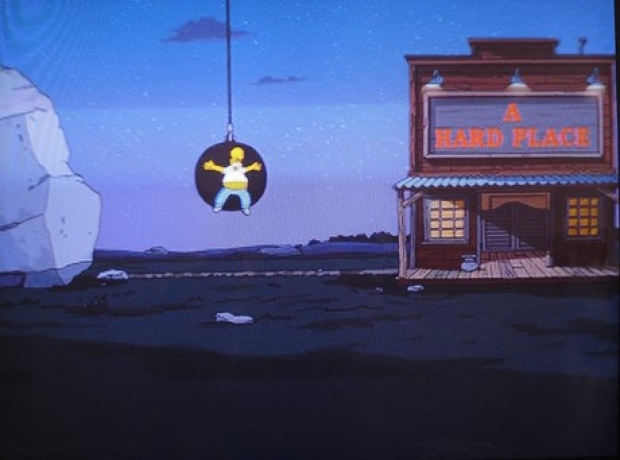The Taiwanese firm has bought in an adviser as it considers bringing in a strategic investor, selling its Vive virtual reality headset business or spinning off the unit, the people said. HTC has been chatting to Google about the fine pickle it has found itself in.
According to Bloomberg, a full sale of HTC, which has businesses ranging from VR to handset manufacturing, is less likely because it isn’t an obvious fit for a single acquirer.
The company has shed about 75 percent of its value over the past five years as its smartphone market share dipped below two percent.
No final decisions have been made, and HTC may choose not to proceed with any strategic changes, the people said. Representatives for HTC and Google declined to comment.
The Taoyuan City-based firm has been attempting to refocus its growth prospects on the high-end VR business, with shipments of the Vive headset totaling more than 190,000 units in the first quarter, according to research firm IDC.
HTC cut the price of the Vive by $200 earlier this week, to expand product sales and its user base, which is more important now than earnings.
The company is also trying to revive its smartphone unit with its latest flagship U11 model and a contract manufacturing deal to assemble Google’s Pixel handset. However, Apple and Samsung have made it hard for HTC to stay at the top of the market, and Chinese phone makers have made it hard for HTC to dominate the middle and low end of the market.
Cher Wang, HTC’s co-founder and largest shareholder, who took over as chief executive officer of the the manufacturer in 2015, has been unable to stem the losses in market share since returning to the company in a full time capacity.




